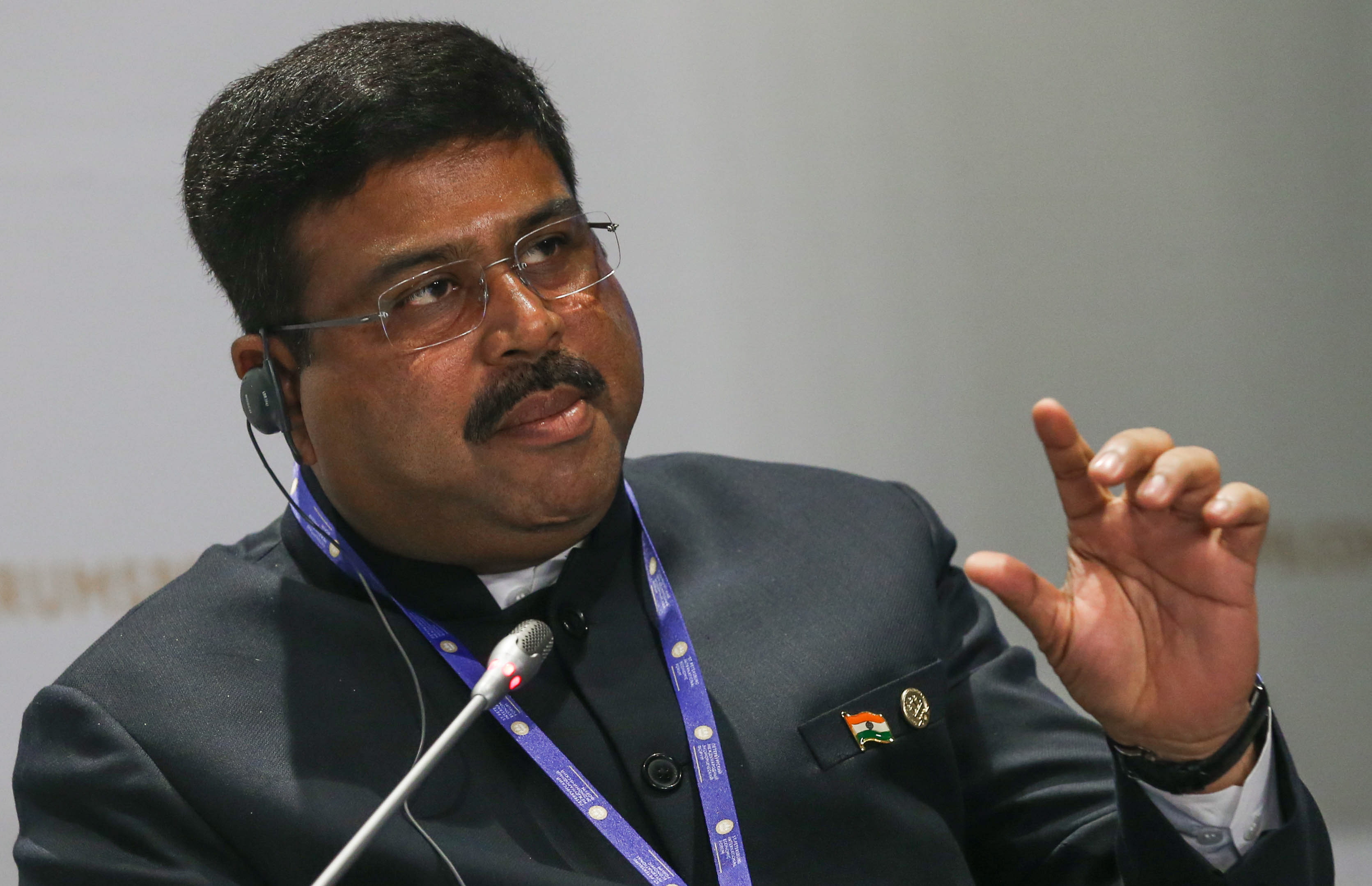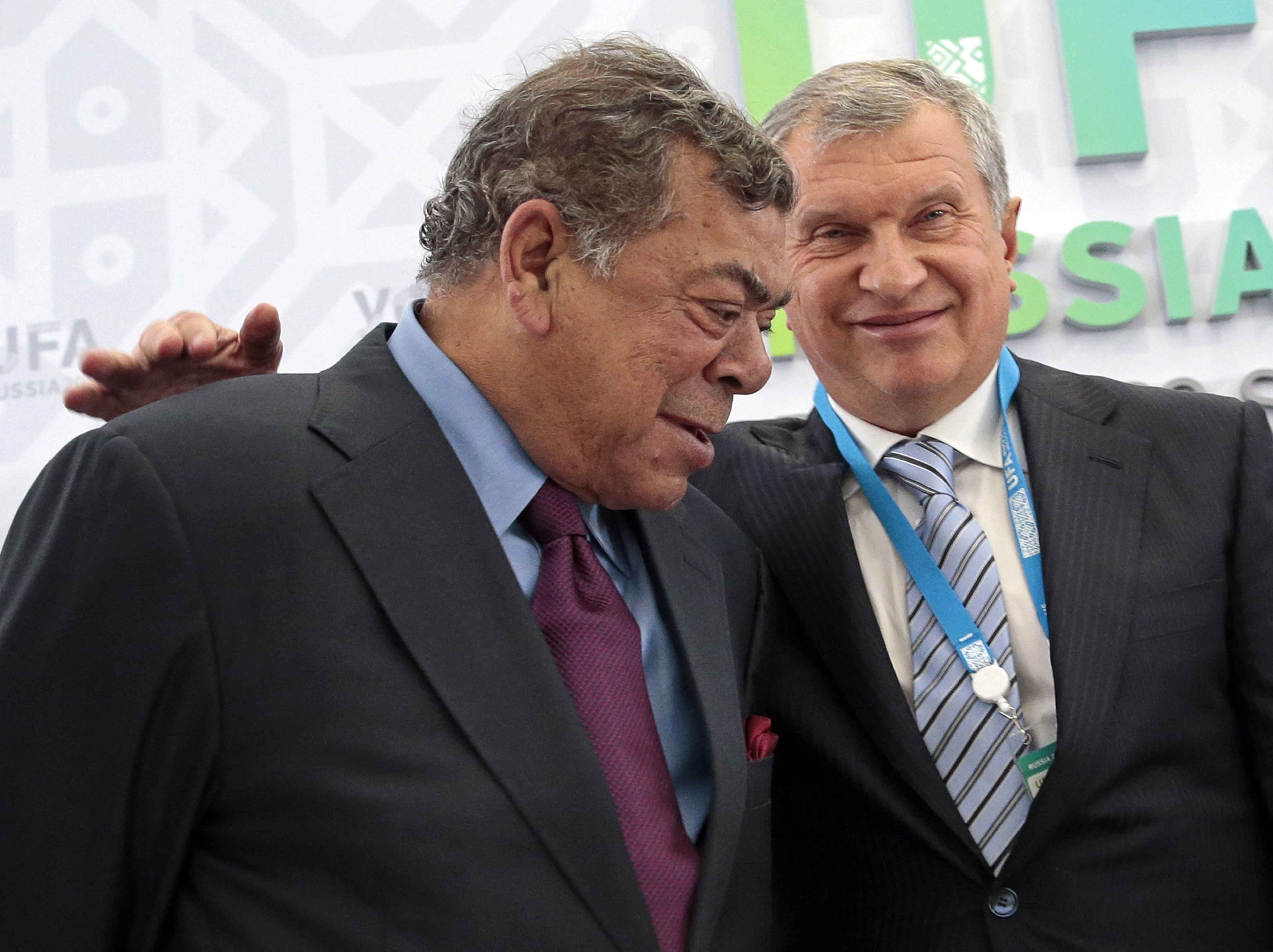Russia may help India to revolutionize its LNG transport system

Dharmendra Pradhan, Indian Minister for Oil and Natural Gas.
Artyom Karataev/TASSIndia plans to double its LNG import capacity in one year to augment gas based transport systems. India will seek help from Russia and the US to make such ambitious plan possible.
India aspires increase its share of the energy market to 15 per cent from the current level of 6.5 per cent. In a bid to achieve this target, India intends to transform its diesel based transportation systems to a much cheaper liquefied natural gas (LNG) based transportation systems.
“Government wants to promote the LNG as a fuel for vehicles. Efforts are being made to have LNG driven buses in Kerala very soon. Long haul driven vehicles and trains will also adopt LNG as fuel. The LNG handling capacity is being enhanced from 21 Million Metric Tonn to 50 Million Metric Tonn,” said Dharmendra Pradhan, Indian Minister for Oil and Natural Gas.
Indian Railways is the world’s fourth largest railroad network and carries as many people as there are in Australia per day. Currently, Indian Railways is one of the biggest consumers of diesel in the country, consuming 2.8 billion liters per year. Government sources say that moving from diesel to LNG could save at least 40% in fuel costs per year. India’s Railway Ministry is seeking help from Russia and the US for procuring LNG turbine locomotives.
It is expected that there will be around 23 million buses and trucks available on the Indian roads by year 2025. Public transport bus services in many Indian cities use compressed natural gas which is costlier than LNG. The Indian government wants an increase in the use of LNG to reduce transportation costs and the country’s dependence on crude oil requirements. India consumes approximately 5 metric tons of diesel per month for transportation only.
First published by Sputnik.
All rights reserved by Rossiyskaya Gazeta.
Subscribe
to our newsletter!
Get the week's best stories straight to your inbox
